Best movies like The Flying Dutchman
A unique, carefully handpicked, selection of the best movies like The Flying Dutchman Starring Anna Prucnal, Fred Düren, Gerd Ehlers, Mathilde Danegger, and more. If you liked The Flying Dutchman then you may also like: Magic Fire, Figaros Hochzeit, The Mountain, The Student of Prague, The Confessions of Winifred Wagner and many more popular movies featured on this list. You can further filter the list even more or get a random selection from the list of similar movies, to make your selection even easier.
A surrealistic adaptation of Wagner's opera.
You may filter the list of movies on this page for a more refined, personalized selection of movies.
Still not sure what to watch click the recommend buttun below to get a movie recommendation selected from all the movies on this list
Figaros Hochzeit
Shortly after WWII, the DEFA Studios produced a series of operas and operettas which belonged to the classical German musical heritage. This enchanting film, the very first opera production of DEFA, stands out because of its lavish decor and costumes, its outstanding actors and their masterful voices of that time.
The Mountain
Selfish Chris Teller pressures his older brother, a retired climber, to accompany him on a treacherous Alpine climb to loot the bodies of plane crash victims.
The Student of Prague
Prague in the 1860s: Balduin is a popular, handsome student, the best fencer in town, in amicable rivalry with his friend Dahl for the affections of Lydia, the innkeeper's niece. While the students are celebrating Lydia's birthday, the opera singer Julia Stella arrives at the inn - and Balduin's life begins to unravel. He is immediately infatuated with the glamorous singer - but she is already kept by an admirer, the wealthy and foppish Baron Waldis. How can a poor student hope to compete? The mysterious Dr. Carpis, who also has ties to Julia and is jealous of the Baron, intervenes. But the price will be higher than Balduin can ever imagine. He risks his sanity and his life - perhaps his very soul - haunted by his own reflection.
The Confessions of Winifred Wagner
Hans-Jürgen Syberberg’s epic interview with Winifred Wagner in 1975.
The Phantom of the Opera
The Budapest Opera House's diva commits suicide after the owner ruins her career for having rejected his advances but her conductor-husband, believed killed in a fire, plans his revenge on all those he deems responsible for her suicide.
Murder, Anyone?
Two playwrights, George and Charlie, are tasked with the challenge of creating the next "avant-garde, surrealistic, mind-bending neo-noire thriller". As they write, the story comes to life in real time. However, their own emotions and arguments also begin to manifest on film, creating sharp twists and turns that affect the entire movie. Filled with hilarity and chaos, Murder, Anyone? is a comedic play-within-a-play-within-a-movie that contemplates the complexities of language, art, theater, film and more.
Die göttliche Jette
Cheeky Jette is a typical Berlin girl. Together with her mother, she performs couplets in a Berlin suburb theatre every night. Then, a young Austrian baron, who is worshipping Jette, enables her to audition for Königstädtisches Theater. Although she at first fails with an aria from an opera, Jette wins over the hearts of the board members with her fresh style when she performs a cheeky couplet that was written by Barsch, the stage manager of the suburb theater.
The Transformation of the World Into Music
This film was prepared as a introduction to a series of opera broadcasts on German television. It depicts the behind-the-scenes manoeuvrings in preparation for the annual opera festival in Bayreuth.
The Threepenny Opera
The Gangster Macheath secretly marries the daughter of beggar king Peachum. When Peachum finds out, he instructs the police chief Brown to arrest and hang Macheath. If not, all the beggars of Soho will disturb the upcoming coronation.
Parsifal
A psychological interpretation of the opera mixing in references to the history of Germany, Wagner’s life, German literature and philosophy. The action is centered on Wagner’s death mask. Kundry is the main character – one might read the film as the story of her redemption rather than that of Amfortas.
Das Rheingold
From the gorgeous scene deep in the river Rhine that opens the opera, up to the magic Rainbow Bridge that appears at the end, leading to a glistening Valhalla, Otto Schenk’s production captures the scenic world of Wagner’s Ring as brilliantly as James Levine and the Met orchestra capture the musical world. The cast is incomporable: an astounding James Morris as the young god Wotan, the great Christa Ludwig as his wife Fricka, incandescent Siegfried Jerusalem as Loge, the wily god of fire, and Ekkehard Wlaschiha as a complex Alberich.
The Death of Klinghoffer
An adaptation from the controversial John Adams opera about the true life incident that took place in the mid 80s. The liner "Achille Lauro" is on a 12-day cruise in the Mediterranean. While the ship is docked in Alexandria, a maid discovers that four of the passengers are actually members of the Palestine Liberation Organization traveling incognito. Startled by their discovery, the PLO cadre is forced to act. They take the passengers on board hostage and demand the release of 50 Palestinian activists held in Israeli jails. As Egyptian, American, Italian, and Palestinian authorities bicker over the best way to handle the situation (and who would negotiate with the terrorists), the kidnappers find themselves dealing with rebellion among their captives, and an argument between the four PLO members and Leon Klinghoffer, a Jewish-American confined to a wheelchair, eventually escalates into violence.
Die Walküre
The gorgeous and evocative Otto Schenk/Günther Schneider-Siemssen production continues with this second opera in Wagner’s Ring cycle. Hildegard Behrens brings deep empathy to Brünnhilde, the favorite daughter of the god Wotan (James Morris) who nevertheless defies him. Morris’s portrayal of Wotan is deservedly legendary, as is Christa Ludwig, as Fricka. Jessye Norman and Gary Lakes are Sieglinde and Siegmund, and Kurt Moll is the threatening Hunding. James Levine and the Met orchestra provide astonishing color and drama. (Performed April 8, 1989)
Götterdämmerung
The stupendous climax to Wagner’s four-part Ring cycle is brilliantly realized by the Otto Schenk/Günther Schneider-Siemssen production and byJames Levine’s monumental conducting. The Met orchestra, chorus, and an all-star cast make this Götterdämmerung one that truly rises to the occasion. Hildegard Behrens’s Brünnhilde must be experienced to be believed, as does Matti Salminen’s richly sung, domineering Hagen. At the center of the drama is Siegfried Jerusalem as Siegfried, who does not realize he has been drawn into a plot of betrayal until it is too late. Christa Ludwig is magnetic as Waltraute and Ekkehard Wlaschiha is a compelling Alberich.
Tannhäuser
A romantic opera in three acts with music and libretto by Richard Wagner, performed by the Orchestra of the Teatro di San Carlo. The original title, Tannhauser und der Sangerkrieg auf Wartburg, reveals the real nature of the opera, born by a fusion of two traditional sagas and dedicated to the dualism of spirituality and sensuality and the possibility of redemption through love. Composed between 1843 and 1845, Tannhauser has a tormented musical theme, made up of constant variations. It debuted in Dresden in 1845 when Wagner was just over 30.
Tristan und Isolde
The Bayreuth Festival Opera House mounted this production of Richard Wagner's 1865 opera Tristan und Isolde as part of the Bayreuther Festspiele. Staged by Heiner Müller, it stars Siegfried Jerusalem, Waltraud Meier, Poul Elming and Uta Priew, and features musical accompaniment by The Orchestra and Chorus of the Bayreuther Festspiele.
The Ring Cycle: Siegfried
SECOND DAY OF THE RING CYCLE. Alberich's brother Mime raises the orphan Siegfried, hoping that Siegfried will kill Fafner and enable Mime to gain the ring. Mime attempts unsuccessfully to reforge the Nothung. Fulfilling prophecy, Siegfried reforges the sword himself and kills Fafner, who has the form of a dragon. When he accidentally tastes the dragon's blood spilt on his hands, Siegfried understands the song of a woodbird, who instructs him to take the Ring from Fafner. Reading Mime's thoughts of betrayal, Siegfried kills the dwarf as well. The woodbird also informs Siegfried of a mysterious woman asleep in the midst of fire, and Siegfried sets off to find her. After defeating a disguised Wotan and breaking his spear, Siegfried successfully awakes Brünnhilde, and the two fall in love. Filmed at the Bayreuth Festspielhaus in June & July 1992.
Der Fliegende Holländer
This vivid film of Wagner's romatic opera succeeds in conveying what has famously been called "the wind that blows out at you whenever you open the score", including Daland's boat anchoring against the Sandwike cliffs, the red-sailed phantom ship, and the ghost crew rising from the dead. "Scenes that recall classic horror films... Brilliantly successful" (Nürnberger Nachrichten), "Captures the works' essence" (Süddeutsche Zeitung). With a superb cast; conducted by Wagner authority Wolfgang Sawallisch.
Tristan und Isolde
Inspired by Wagner’s own tortured affair with the wife of his patron, this searing masterwork is based on Arthurian legend and tells of an illicit romance between a Breton nobleman and the Irish princess betrothed to his uncle and king. The composer’s larger-than-life sensibilities are on full display throughout the score: Along with intoxicating orchestral music that surges in tandem with the couple’s burgeoning passion and a chord left symbolically unresolved until the last moments of the opera, the opera also features one of the repertory’s most soaring and ecstatic final climaxes, as Isolde surrenders to a love so powerful that she transcends life itself.
Wagner: Das Rheingold
This 1978 studio production of the prologue to Wagner's masterpiece is the only segment of the famous Salzburg Festival/Metropolitan Opera productions, first seen in the 1960s, that made it to film. Based on one of those original productions, Georges Wakhevitch produced stage settings and transformations that supported Karajan's concept with every possible means. Herbert Von Karajan's staging is in the epic style of another age, emphasizing the dignity of the gods rather than their all too human failings. With the singers - foremost among them Peter Schreier - Karajan had an ensemble that fully conformed to his intentions.
Tannhäuser and the Singers' Contest at Wartburg Castle
TANNHÄUSER UND DER SÄNGERKRIEG AUF WARTBURG is a grand opera by Richard Wagner in three acts. After experiencing boundless sensuality and freedom with the fun-loving Venus (soprano), the singer Tannhäuser (Tenor) finds it impossible to conform to the cultured setting of his betrothed Elizabeth (soprano), who loves him. During a singing contest, Tannhäuser describes the affair with Venus as the ultimate love experience and because of that, he is cast out from the established society. Thanks to Elizabeth's intervention, he is allowed to undertake a pilgrimage to the Pope to ask for the Holy Father's pardon. If the Pope accepts to forgive him, he would be allowed to take back his place in society. Tannhäuser accepts. But fate will not allow him to meet with his beloved Elizabeth again in this life. This is a recording of the legendary staging by Götz Friedrich for the 1978 Bayreuth Festival conducted by Sir Colin Davis.
Die Meistersinger von Nürnberg
This program captures a live performance of the Richard Wagner opera Die Meistersinger von Nurnberg, recorded at the Bayreuth Festival in Germany, under the direction of Katharina Wagner. Some of the vocalists featured in the performance include Franz Hawlata, Artur Korn, Michael Volle, and others.
Wagner: Tristan und Isolde
Glyndebourne's celebrated production of Nikolaus Lehnhoff's Tristan und Isolde is a supremely intelligent achievement; gravely beautiful, haunting and meditative, it is deeply reflective rather than visceral, fortified by Roland Aeschlimann's stunningly effective set, a womb-like space through which the protagonists move like gods. Conductor Jiří Bělohlávek mirrors Lehnhoff's approach in his sophisticated plumbing of the score's depths, with every shift in texture carefully laid bare by an inspired London Philharmonic Orchestra. Nina Stemme's Isolde and Robert Gambill's Tristan, both gloriously lyrical, are matched by superb performances from René Pape as the betrayed and vulnerable King Marke and Bo Skovhus as Kurwenal, deeply touching in his helpless devotion to Tristan. This High Definition recording of a production of uncommon intimacy reveals the opera's music and drama in a new light.
Wagner: Lohengrin
Wagner's Lohengrin is the mythical tale of the mysterious Knight of the Grail, who appears to defend the princess Elsa - wrongly accused of the murder of her brother. Highlights of Wagner's most lyrical score include the famous Wedding March, which accompanies the marriage of Lohengrin and Elsa. Superstar tenor Jonas Kaufmann ("currently the hottest tenor in opera" - The New York Times) makes his role debut in this performance from 2009 and filmed in Munich. He is joined by German soprano Anja Harteros - a former winner of the prestigious Cardiff Singer Of The World competition.
Wagner: Das Rheingold
Robert Lepage’s landmark staging of Wagner’s Der Ring des Nibelungen, unveiled over the course of the 2010–11 and 2011–12 seasons, was the first new Met production of the complete cycle in more than 20 years. Combining state-of-the-art technology with traditional storytelling, it brings Wagner’s vision into the 21st century. In this first part of the epic, the theft of the Rhinegold treasure sets in motion the course of events that will change the world and end the rule of the gods. Met Music Director James Levine conducts a cast of some of the greatest Wagnerian singers of our time, including Bryn Terfel as Wotan, Stephanie Blythe as Fricka, and Eric Owens as Alberich.
Der Prinz von Homburg
Adaptation of "Der Prinz von Homburg"; recorded at the Bavarian State Opera.
The Delicate Art of the Rifle
A surrealistic comedy-drama about a school shooting as seen through the eyes of a socially awkward college student named Jay. Walt Whitman, the shooter, is loosely based on Charles Whitman, but the film is not in any way a factual account of the 1966 shootings at the University of Texas.







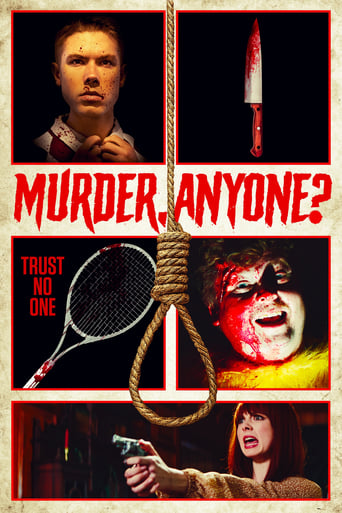
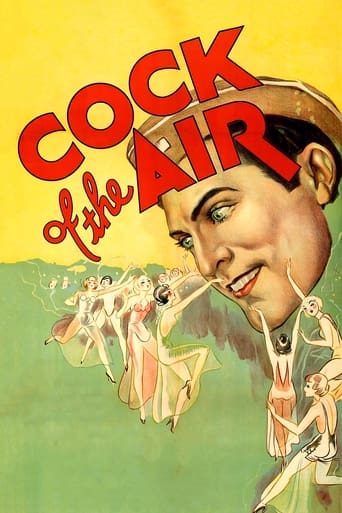

























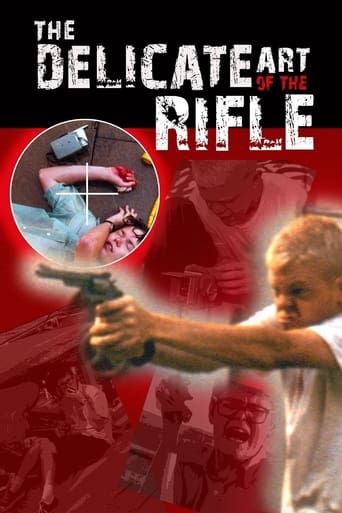
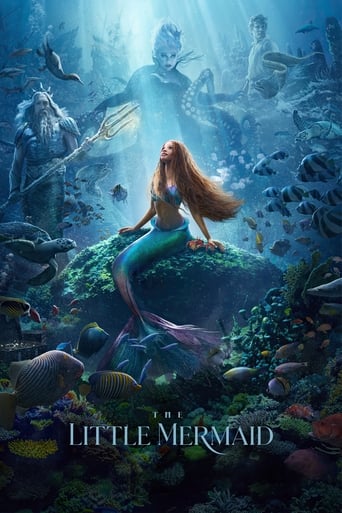
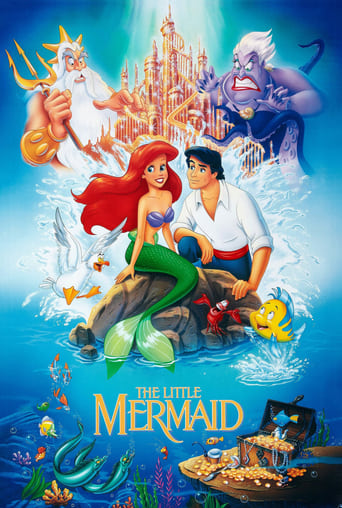
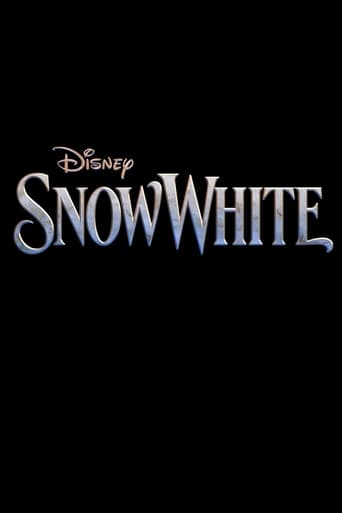
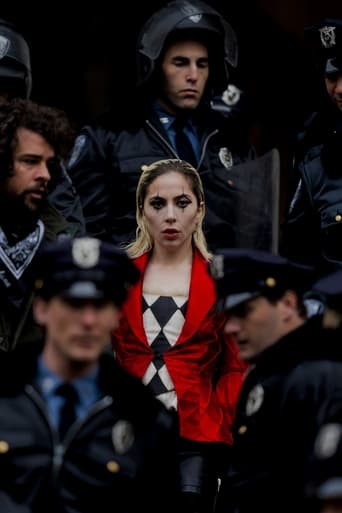
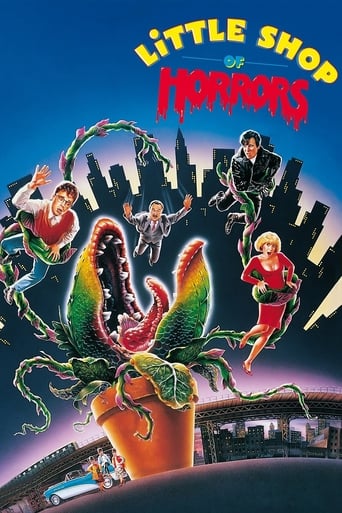
Magic Fire
Director William Dieterle's 1956 film biography of classical composer Richard Wagner stars Carlos Thompson, Yvonne De Carlo, Rita Gam, Alan Badel and Valentina Cortese.